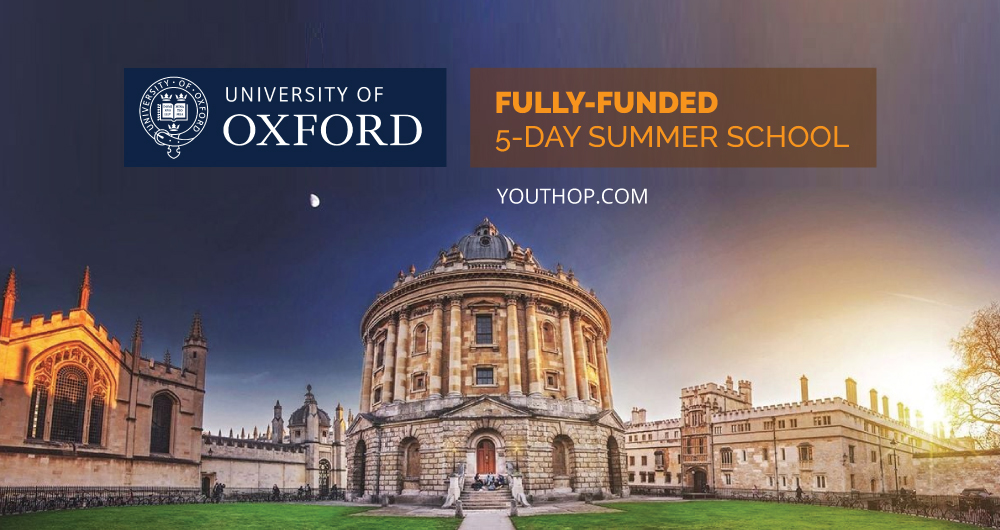Join a fully-funded, 5-day summer school in Oxford to learn insect ID, field surveying, and DNA techniques — and help tackle the global insect decline.
This five-day postgraduate course in Oxford aims, firstly, to equip you with basic insect identification and field surveying skills – including modern techniques such as the use of eDNA and DNA barcoding – and, secondly, to train you in identifying the two main groups of UK pollinators: aculeate bees and hoverflies.
The course will be taught by experts from the Oxford University Museum of Natural History, supported by external consultants and entomologists from the University’s Departments of Biology and Continuing Education.
Content will be delivered through a combination of:
- practical fieldwork in Wytham Woods, one of the best studied woodlands in the world;
- workshops and seminars on key insect groups and sampling techniques;
- self-paced, expert-led practical sessions using microscopes and identification (ID) keys to identify bees and hoverflies.
To support the in-person teaching and encourage in-depth, reflective learning, the course also includes an online component consisting of two introductory lectures covering insect morphology, survey techniques, and the use of museum collections.
Location:
United KingdomBenefits
Accommodation in Oxford at an Oxford University college (five nights) along with full board (breakfast, lunch, dinner) during the course is provided. Reasonable travel expenses originating from within the UK will also be covered.
Course fees are covered by NERC. There is no charge to the course participants.
Eligibilities
Entry requirements
Applications will be assessed for evidence of how you meet the following criteria:
- relevance of the training to your own research project
- existing research experience or year of PhD study
- demonstrable impact of the course in chosen career path
- an evidenced interest in entomology and/or museums.
Supporting statement
Your supporting statement should demonstrate your suitability for this course, based on the entry requirements listed above. Max 3,000 characters (roughly 700 words max).
Supporting reference
Your supporting reference should be submitted by:
- your supervisor if a current student; or
- your line manager if not a current student.
Please note:
- Your referee should not include references to your name or gender in their reference.
- Your referee will need to clearly state if you are/are not funded by NERC.
- Your reference needs to come from a recognised academic email address and on headed paper.
Application Process
Application deadline
The deadline for submitting completed applications is Friday 9 May 2025.
Priority applicants
NERC-funded DPhil/PhD students will be prioritised for this course, but other PhD students or early career researchers will also be considered if we do not receive sufficient numbers of suitable NERC-funded students.
Supporting documents
The following documents will need to be submitted as part of your application:
- personal statement demonstrating that you meet the criteria for the course
- current CV
- supporting letter from your supervisor (or line manager if not currently a PhD student).
More details and guidance about these documents can be found in the ‘selection criteria’ section below.
Application Deadline: May 9, 2025 (19 Days Remaining)
Apply nowOfficial link









